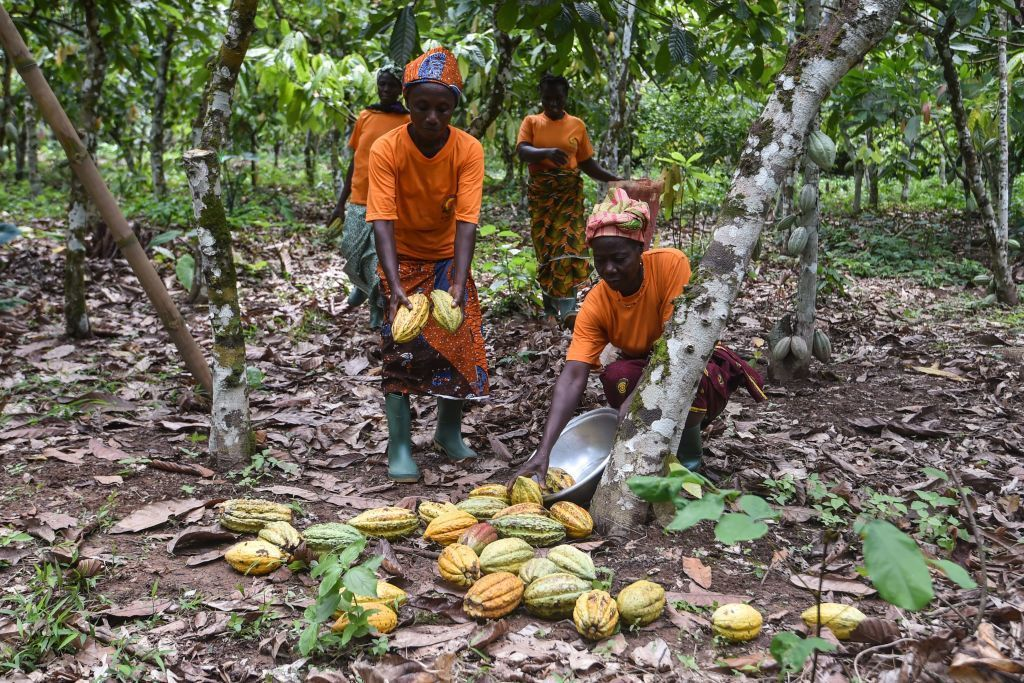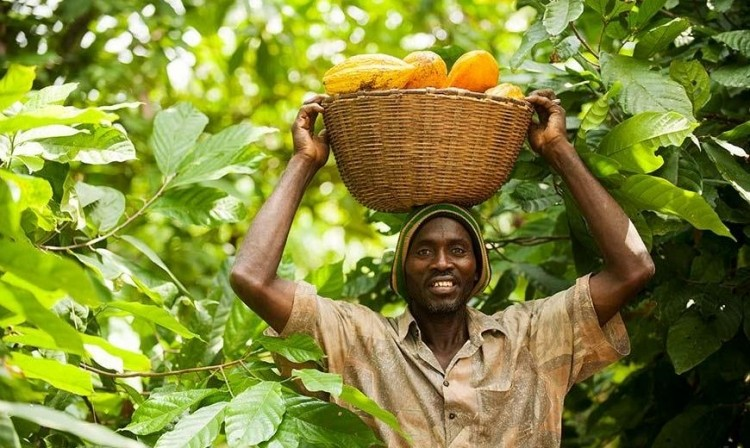How Do Cocoa Farmers Achieve Fair Trade Certification?
Cocoa farmers face several challenges in achieving fair trade certification, which can hinder their ability to benefit from the advantages that such certification offers. Here are the main challenges:

1. High Compliance Costs
Achieving fair trade certification often requires farmers to meet specific standards related to production practices, labor conditions, and environmental sustainability. These standards can involve significant costs for training, infrastructure improvements, and compliance monitoring, which may be prohibitive for small-scale farmers who already operate on thin margins.
2. Lack of Access to Resources
Many cocoa farmers, especially those in remote areas, struggle with limited access to the necessary resources, such as financial support, technical training, and information about fair trade practices. This lack of access can make it difficult for them to meet the requirements for certification and to sustain the practices needed to maintain it.
3. Market Volatility and Price Fluctuations
The cocoa market is subject to significant price volatility, which can undermine the financial stability of farmers even when they achieve fair trade certification. If global cocoa prices drop, farmers may still struggle to cover their costs despite the fair trade minimum price, leading to economic uncertainty.
4. Child Labor and Ethical Compliance
Fair trade certification requires strict adherence to labor standards, including the prohibition of child labor. However, many cocoa farming communities face socio-economic pressures that lead to child labor practices. Farmers may find it challenging to comply with these standards while also addressing the underlying economic conditions that drive child labor in their communities.
5. Organizational Challenges
Fair trade often encourages farmers to organize into cooperatives to improve their bargaining power and access to markets. However, forming and maintaining effective cooperatives can be difficult due to internal conflicts, lack of leadership, and insufficient training in cooperative management. This can hinder their ability to achieve and maintain certification.
6. Environmental Sustainability Requirements
Meeting the environmental standards set by fair trade certification can be challenging for farmers who may lack knowledge about sustainable farming practices or the resources to implement them. This includes transitioning to organic farming methods or adopting agroforestry practices, which may require initial investments and changes in traditional farming methods.
7. Dependence on External Buyers
Many cocoa farmers rely heavily on external buyers to purchase their cocoa. If these buyers do not prioritize fair trade practices or if they switch to sourcing from non-certified producers, farmers may lose their market access, making it difficult to sustain their operations under fair trade conditions.

In summary, while fair trade certification can provide significant benefits to cocoa farmers, achieving and maintaining this certification involves navigating a complex landscape of economic, social, and environmental challenges. Addressing these issues requires coordinated efforts from farmers, cooperatives, NGOs, and governments to create a more supportive environment for sustainable cocoa production.
Citations:
https://fairtradeanz.org/stories/fairtrade-vs-direct-trade-exploring-paths-for-cocoa-farmers https://sunbeth.net/the-importance-of-fair-trade-practices-in-the-cocoa-industry/ https://sunbeth.net/how-sustainability-considerations-influence-cocoa-sourcing-and-chocolate-production/ https://en.wikipedia.org/wiki/Fair_trade_cocoa https://www.pbs.org/wgbh/nova/article/fairtrade-cocoa-farm-workers/ https://www.fairtrade.org.uk/farmers-and-workers/cocoa/ https://worldcocoafoundation.org/news-and-resources/article/fairtrades-new-cocoa-standard-striking-a-balance-between-robust-requirements-and-fairness-for-farmers https://www.fairtradeamerica.org/news-insights/new-study-finds-fairtrade-certification-enhances-farmer-resilience-and-sustainability/
comments powered by Disqus